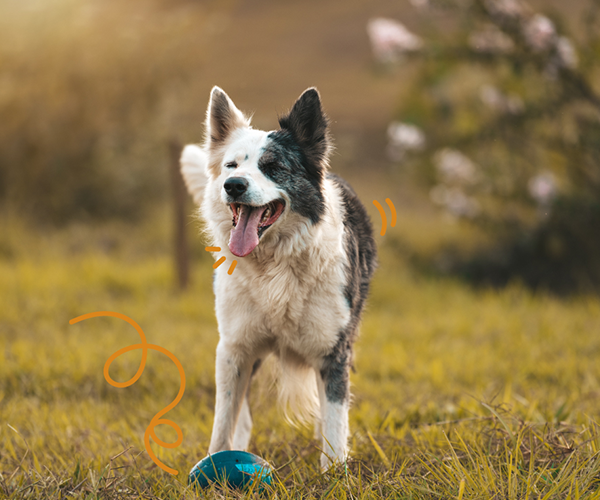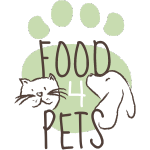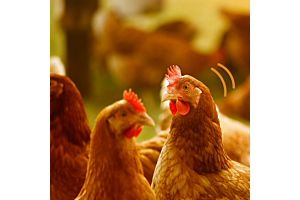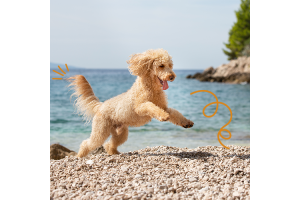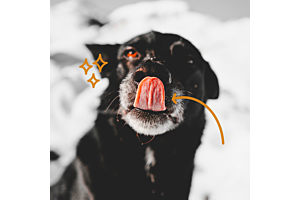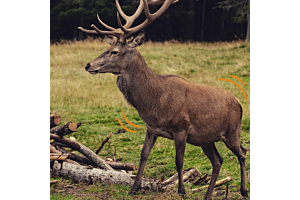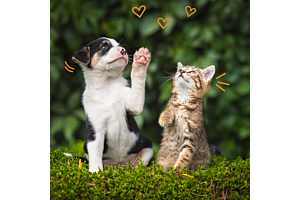Help, my four-legged friend is overweight!
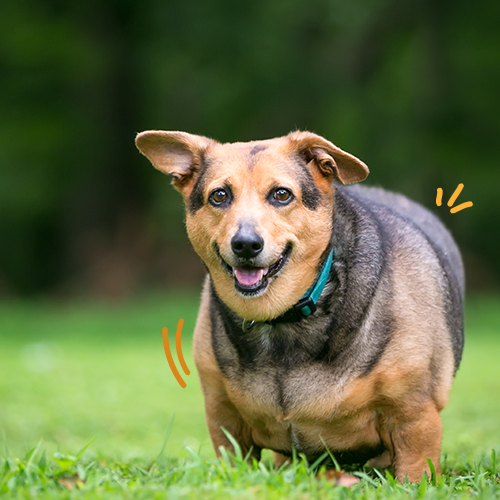
Help, my four-legged friend is overweight!
Just like humans, more and more animals are struggling with obesity. We spoil our pets far too much and it shows on the scales.
It is time to intervene, because "gaining a kilo" means something very different to our pets than it does to us.
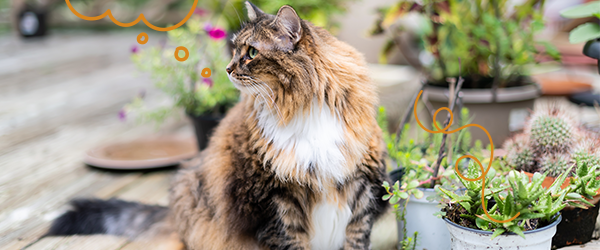

Did you know?
Did you know that a kilogram in a human is very different from a kilogram in your favourite four-legged friend?
One kilogram in a small dog is the equivalent of seven kilograms in a human, and a whopping 16 kilograms in a cat.
So if your cat is two kilos overweight, it may not seem like a disaster, but when you realise that it would be the same as you having to carry 32 kilos, you might think differently.
Time to take action?
What is a healthy weight?
Let's start with what exactly a healthy weight is.
The ideal weight for your dog or cat will obviously depend on their breed, size and activity level, but you can easily tell if they are at a healthy weight:
- If you can feel the ribs with a flat hand when your pet is standing upright.
- If you can see the waist clearly.
- If you can see and feel a nice shiny coat.
- If your cat can easily jump on a rise.
- And if your dog is playful and alert.
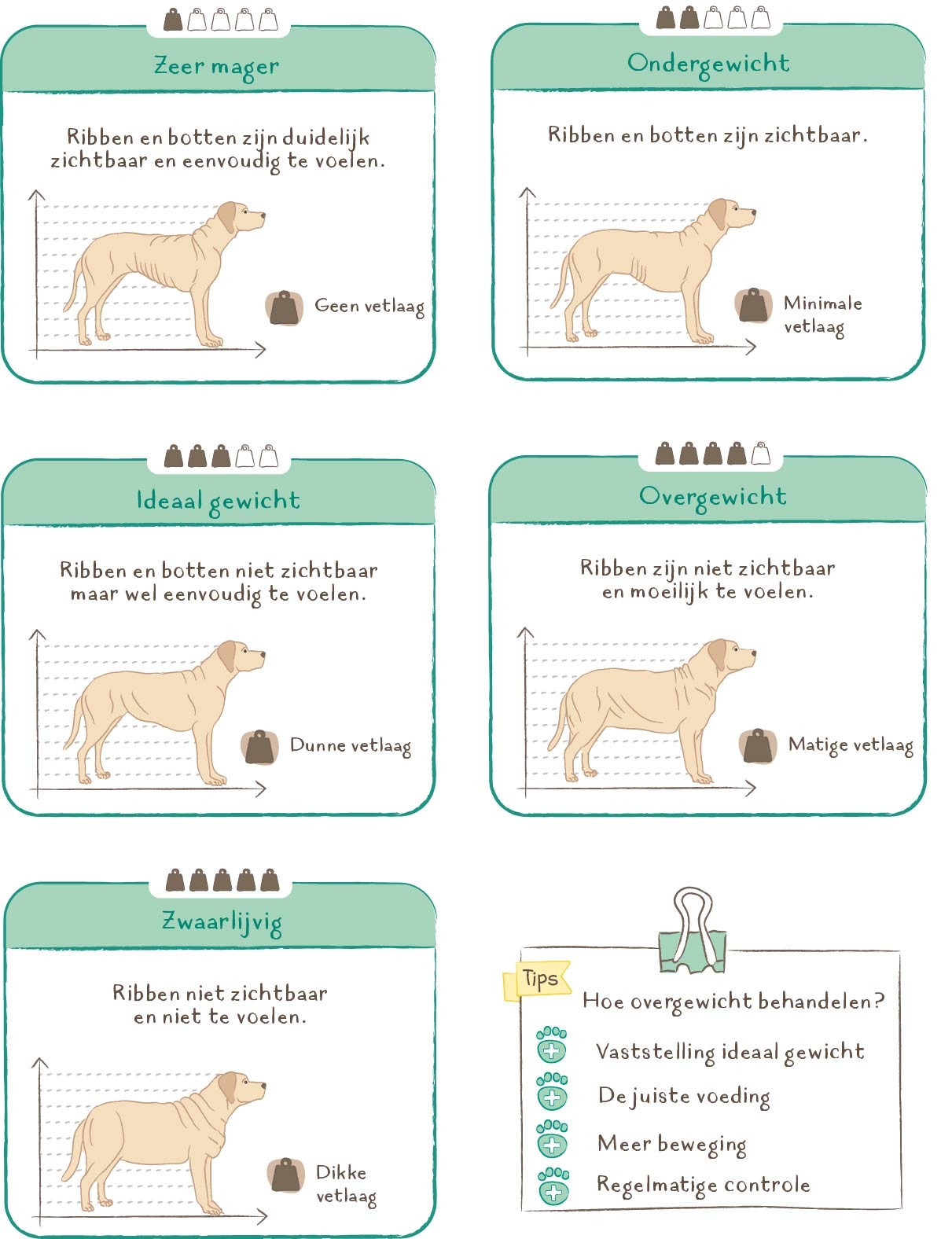

The causes of obesity
Obesity has many causes:
- The main ones are poor diet, too much food and/or too many sweets.
- Not enough exercise (in relation to the amount of food consumed): energy that the body cannot get rid of is stored as fat.
- Genetic factors can also play a role: just like humans, dogs can have a genetic predisposition to obesity. We often see this in Beagles and Labradors, for example.
- If your pet is neutered or spayed, he or she may get fat faster.
- Older animals also tend to get fatter because they use less energy.
- Finally, medical problems such as an underactive thyroid can cause obesity.
So don't give in to your puppy's pleading eyes or your cat's loud meows while you're eating. For example, 60 grams of cheese or 100 grams of ham is the equivalent of 2 doughnuts for your dog.
And don't overdo it with sweets or snacks, just as we shouldn't nibble all day. Also check the composition of the snacks: some are higher in calories, others lower in fat.
The dangers of being overweight
Animals with a healthy weight not only live longer, they also have a better quality of life.
In fact, being overweight in dogs and cats can lead to many conditions:
- Diabetes
- Heart and lung problems
- Bladder problems
- Stomach and intestinal problems
- Reduced liver function
- Poor skin and coat
- Bone and joint problems
- Difficulty breathing
- Heats up faster in warm temperatures
- Poorer condition and more rapid shortness of breath
- In cats: increased risk of bladder stones or urinary calculus
An action plan for your loved one
So choose healthy foods, in moderation.
Also, don't leave food out all the time, but give it in measured portions.
Do you have a greedy eater? Then give the food in a pot or a puzzle toy so that your pet eats more quietly.
And get your pet moving: play with him, go for walks together, provoke playful behaviour, go out together, etc.
Your pet will thank you.
